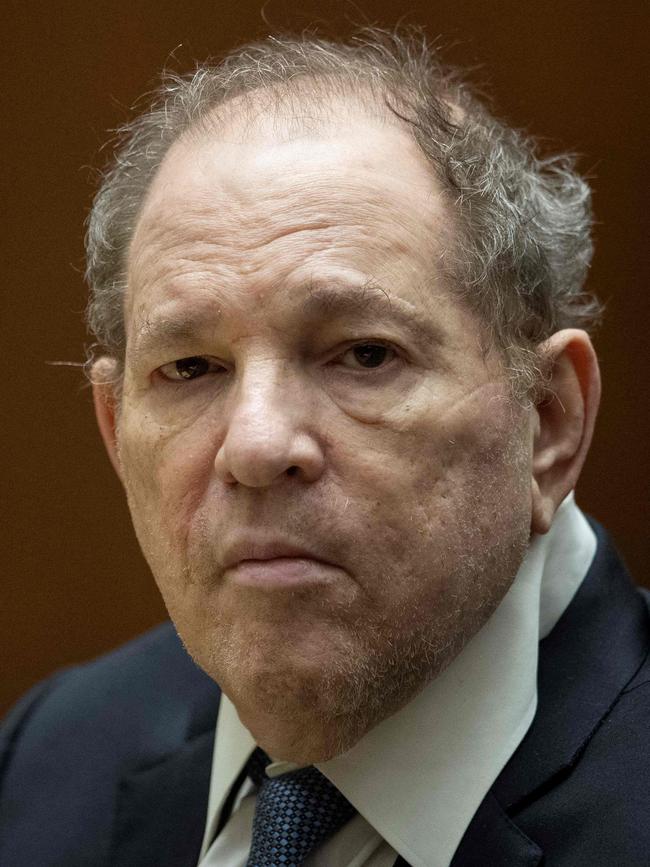Louise Roberts: No eligible blokes? Women have done this to themselves
Sydney bachelors are trapped in a modern dating dystopia — first they were pushy, now they are too shy — how can they ever hope to get it right when the bar keeps shifting, asks Louise Roberts.
Opinion
Don't miss out on the headlines from Opinion. Followed categories will be added to My News.
It is intriguing that there is a data-verified lack of eligible men for heterosexual women to date in affluent pockets of Sydney — aka The Man Drought — as revealed by The Daily Telegraph this week.
But it masks a situation entirely of our own doing.
Well done us for making Aussie men, particularly our precious young men, feel like the enemy within our society.
According to information from the Australian Bureau of Statistics, there’s almost 20 fewer men for every 100 women, with areas such as Double Bay, Woollahra and Castle Hill revealing the worst male-female sex ratio.
It makes it tough to find a partner living nearby, such is the city’s tribal nature.
In traditionally working-class western suburbs like Parramatta, where more young tradies live and work, there’s a trickle of better options with 112 men per 100 women, the data says.
Nonetheless, the ones who are single and ready to mingle are too “shy”, claim women on the dating scene. No one “makes moves” any more.

Once again the women are placing the blame firmly at men’s feet.
First they were pushy, now they are too shy — how can they ever hope to get it right when the bar keeps shifting?
Shy, move-less or should we tell it for what it really is? The evitable toxic feminist consequence of tarring all men with the same brush when a few predators are rightly exposed and brought to justice
In recent years we have ushered in misandry as a right of passage for young men to navigate, like getting a driver’s licence or first pay cheque.
Young males are becoming defensive and cynical, with Sydney bachelors now trapped in a modern dating dystopia.
No wonder they are simply not even bothering with that “move”, because it is such a minefield.

Teaching consent in schools is an admirable mission — no one would argue with that.
So too is a shift in society where women who have been sexually assaulted can be heard and obtain justice.
Unfortunately, like other well-intentioned plans, they are too often weaponised in the name of empowering women.
Big scalps like Harvey Weinstein and Don Burke, to name two, were deserved. Andrew Tate, the self-appointed but inauthentic pioneer for emasculated men, has stopped trending for all the right reasons.
I write here also as a mother of a then-teen son who watched in confusion and horror a few years back when toxic masculinity became a “thing” across our nation and the Australian male was under siege, crying out for us to advocate for them as we happily do for women.
Was my son wary back then of dating girls his age? Yes, if you like them and look at them, you’ll probably get accused of something, he told his father and I.
Who can forget the Rethink Masculinity classes coming out of the US where blokes were invited for 10 weeks to “learn how social constructs of masculinity harm them and the people around them and work to construct healthier masculinities”.
It was a terrible era of guilt-tripping teen boys and marginalising them rather than caring for them and therefore teaching them how to care. An eye-watering campaign to punish them for their male privilege.
What did we expect when these boys grew into men and dipped a toe into the Sydney piranha dating pool?
A friend with sons now in their late 20s says they still have second thoughts about going on dates, worried about doing something wrong without realising.
High school is now well behind my son, so I asked him about the latest ABS data and he joined the dots — gone is the nuance between fostering a safe environment and allowing the natural pursuit of romance.
“Girls are free to ask us out too Mum,” he said.
The unintended consequence is not just the emasculation of Sydney’s men, it’s the erosion of romantic pursuit.
The ideological juggernaut of #MeToo reshaped the dating landscape through its mission of justice and accountability.
Now the simple act of asking someone means the stakes include not just a potential romantic rejection but being labelled a predator.
The pendulum has swung from chivalry to caution, leaving suitors fearful of overstepping boundaries.
It does make me wonder if, in generations to come, men will have their #MeToo moment, if we ever stop pathologising their maleness.


